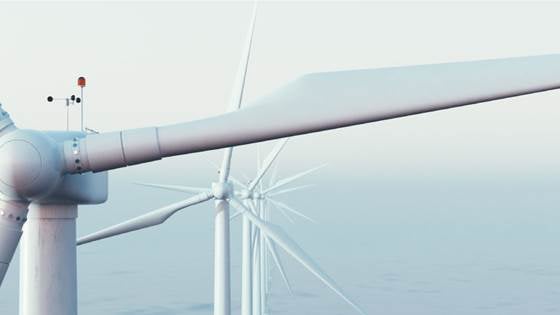
Offshore wind
Making offshore wind power the cornerstone of the future energy system

We are nine dedicated permanent reserachers together with several PhDs and postdocs with a vision "Mathematics for a better society" and an ultimate mission to "bridge the gap between high fidelity numerical simulations and real-world applications". To this end, we aim to be a market leader in providing comprehensive, validated and cost-effective solutions in following broad areas:
Numerical Modeling
Physical Modeling
Much of our work in physical modeling revolves around fluid and solid mechanics, as well as coupled problems. - Fluid mechanics: Computational fluid dynamics (CFD), multiphase flows, multiscale problems, turbulence modeling and microfluidics.
Engineering models
SIMRA - Turbulence alert system. Worlds first terrain-induced turbulence predictor using a finite element simulation of adverse local topography effects on wind in the vicinity of 17 Norwegian airports.
IFEM - Isogeometric Finite Element Methods is an object-oriented toolbox for the solution of linear and nonlinear partial differential equations with extra focus on structural mechanics and fluid flow problems.
LR B-splines – Fast c++ library for the Locally refined B-spline technology which allows for T-joints and unstructured mesh representation of B-splines.
Splipy - a pure lightweight python library for the creation, evaluation, and manipulation of B-spline and NURBS geometries particularly suited for parametric CAD.
Geomaker - A map-based GUI for extracting detailed map data from regions in Norway based on the web services of the Norwegian Mapping Authority.
OPM: Upscale Elasticity – Poroelastic solver for the Open Porous Media initiative.
Grevling – Parametric scripting language for ensamble simulation of multiple high-fidelity solvers.
SISO - Stuff in, stuff out. General purpose converter for scientific data formats used in Multiphysics simulation and coupling of physics-based models.
COSMO – Web GUI frontend for an optimization solution of ship fleet management during the installation of offshore wind parks.
NUTILS – isogeometric open-source python library, which is primarily developed by Evalf Computing, but with substantial contribution from the group members.

Making offshore wind power the cornerstone of the future energy system

In 2030, green mobility will be one of the most important business areas in the world.

Mathematics and technology are inextricably linked, with advances in one field driving innovation in the other. Mathematics underpins algorithms and data analysis techniques are used across a diverse range of industries, while technology has...

Digital twins and mixed reality are reshaping the future of employment.
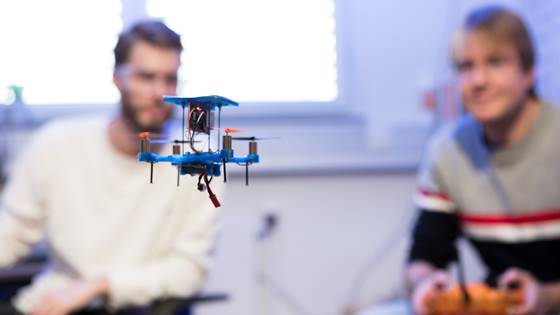
SINTEF pushes the boundaries of autonomous drones and robot capabilities. Mobile and autonomous sensor systems constitute a priority area at SINTEF.
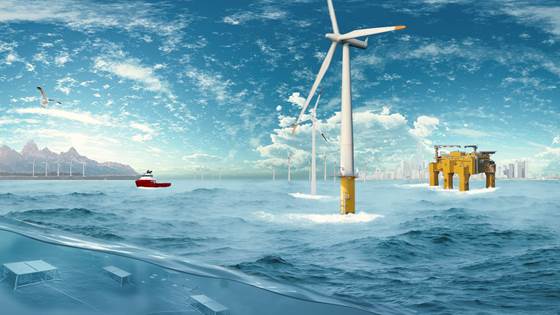
FME NorthWind (Norwegian Research Centre on Wind Energy) brings forward outstanding research and innovation to reduce the cost of wind energy, facilitate its sustainable development, create jobs and grow exports.
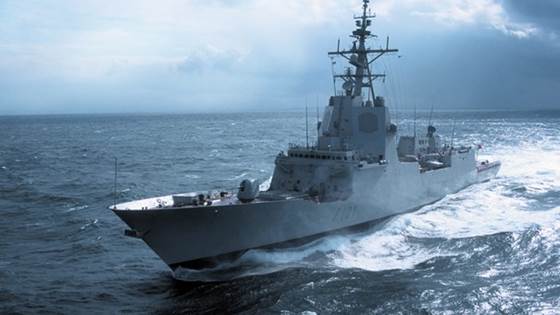
EDF2021-Funded project European digital naval foundation (EDINAF) will develop the foundations of a digital ship and a ship digital architecture, implement a demonstrator infrastructure to deploy relevant Use Cases, embedding a digital ship platform...
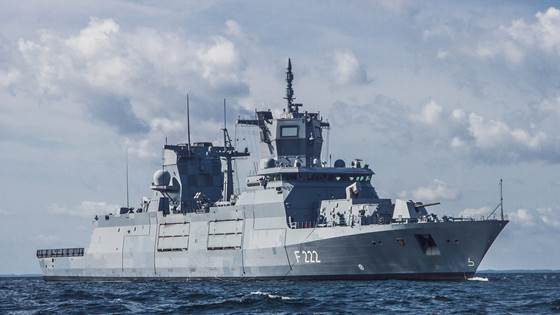
The project “Digital Ship Structural Health Monitoring” (dTHOR) will develop a system based on innovative utilization of large amounts of load and response measurements from robust and advanced sensors, a digital framework complying with recognised...
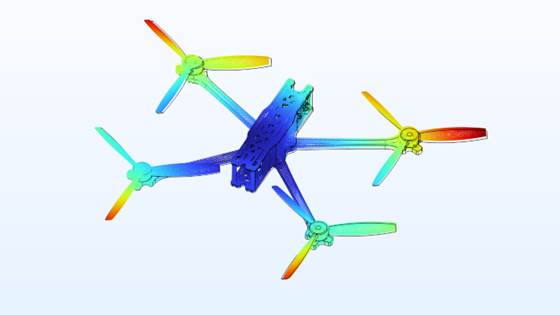
An AI-based Holistic Dynamic Framework for a safe Drone’s Operations in restricted and urban areas.
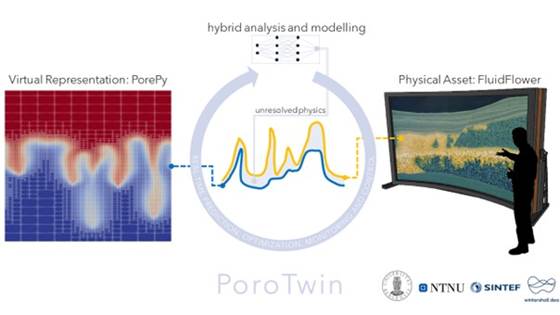
The FluidFlower concept is rooted in the vibrant carbon sequestration environment at the Faculty of Mathematics and Natural Sciences at the University of Bergen to link natural sciences and boost public outreach efforts.